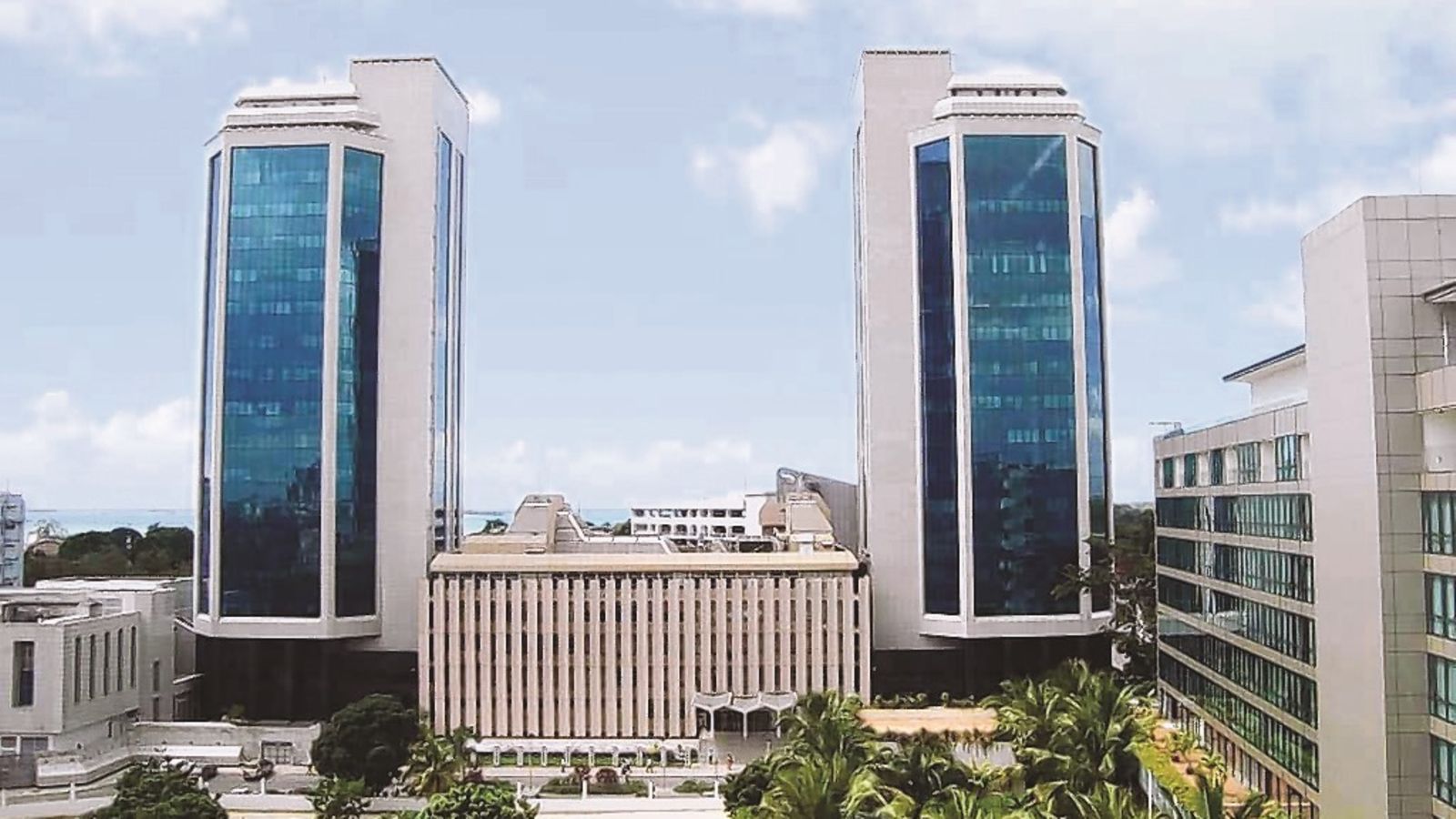Can you trust your security guard?

What you need to know:
Insecurity in increasing in various parts of Tanzania.
Criminals have been raiding businesses, robbing people of money, shooting and killing them sometimes in broad daylight and escaping on motorcycles.
Dar es Salaam. Insecurity in increasing in various parts of Tanzania.
Criminals have been raiding businesses, robbing people of money, shooting and killing them sometimes in broad daylight and escaping on motorcycles.
Thieves have been breaking into buildings. Arriving at office, only to find properties stolen has been common in Dar es Salaam. Car owners have their vehicles vandalised at homes and even in public places.
With such experience, some individuals and institutions have opted to hire private guards. However, little do the hirers know challenges the guards face.
Some of those guards are accused of exchanging crucial information with criminals.
According to a survey by The Citizen on Sunday, the majority of guards in private security companies are deeply dissatisfied with the low salaries they get.
Some have told The Citizen on Sunday that since the guards are poorly remunerated and work in difficult environments it is easy to be tempted into selling crucial information to criminal gangs.
One watchman at an embassy in the city said it cost Sh3 million to hire a guard monthly from a security company while the salary of such an employee is only Sh150,000.
“We are paid Sh150,000 a month each while the company gets Sh3 million per head. We are six,” he said. “The overtime pay rate is Sh796 per hour.” He said his employer does not provide health insurance, transport allowances or any other benefits. However, all his fellow guards are registered with a pension scheme and Sh15,000 is contributed a month.
“We contribute Sh15,000 each a month and the company adds Sh15,000. So we save Sh30,000 every month for our future,” he said.
According to him, most security companies offer contracts of one or two years and it is difficult for guards to borrow funds from financial institutions. “I have been in this job for nine years now and this is my third company I am working with. Wherever you go it is difficult to get a loan from banks and other financial institutions. They first want a guarantee from our companies and they also say our contracts are too short to enable us to pay back the loans on time,” he said.
A survey by The Citizen on Sunday to various private security companies in the city has established that some guards are paid as low as Sh100,000 a month.
Moreover, some guards are poorly trained and they lack knowledge on security matters.
“I was a food vendor at Mabibo Hostel. A friend of mine introduced me to an operational manager of a security company and I got a job,” said one of the guard who did not like her name to be published.
Officials of most security companies told The Citizen Sunday that they charge between Sh400,000 and Sh800,000 for a guard monthly to protect homes and small-scale businesses. An unarmed security guard is hired at between Sh400,000 and Sh600,000 while the armed one is hired at between Sh600,000 and Sh800,000.
Moreover, security companies install a security alarm at a cost of between Sh500,000 and Sh800,000.
The Trade Union Congress of Tanzania secretary general, Mr Nicholas Mgaya, said the private security guards’ issue was complicated. He spoke about serious problems and much exploitation for security guards.
According to him, the government has not focused on the area and that many guards were working under difficult environments. He said it was possible that some security guards were in cahoots with criminals or were being involved in crime because of poor vetting during employment processes and lack of disciplinary training. Mr Mgaya said some security companies lie to customers during bidding for tenders that they pay guards up to Sh400,000 while that is not the case.
“My guard broke into my house and stole two computers and mobile phones. The person who was supposed to chase away thieves is the one who broke into my house. That’s totally unprofessional.” he said.
The Tanzania Security Industry Association (TSIA) chairman, Mr Almas Maige, said it was normal for guards to complain whenever they got a platform.
He said guards knew nothing about companies’ contracts and customers.
He said private security companies pay salaries according to government’s directives. “We are trying to make the payment fair so that both the employer and employee can get something from the business,” he said. Mr Maige, who is also the Tabora North MP on the ruling party’s ticket, said private security companies were offering health insurance as well as transport and even food allowances.
He urged wananchi to hire guards from reputable companies with full registration. “The problem here is that some wananchi hire guards from unknown groups and when they mess up they generalise that all guards are thieves,” he said.
According to Mr Maige, plans are underway for all private security companies to get TSIA certification.
“All customers will be required to hire guards from companies that are member of TSIA and have certificates stamped by TSIA. This will help us to control the situation and make sure ‘briefcase companies’ don’t exist,” he said.
Security analyst Joachim Yongola advises people to conduct simple research before hiring security guards.
He said many people go for cheap security companies only to be disappointed. “I urge my fellow Tanzanians to look for reputable and professional companies.”
Dar es Salaam Special Police Zone commander Simon Sirro said so far there was no evidence that private security guards were collaborating with criminals.
“There is no direct evidence to show private guards’ involvement in criminal incidents in the city. Always crime is not committed because of low payment or allowances; rather it is simply because someone’s behaviour is bad,” he said.
The deputy minister of State in the Prime Minister’s Office (Policy, Parliament, Labour, Youth and People with Disabilities), Mr Anthony Mavunde, said investigations would be conducted into hundreds of private companies around the country beginning next week as part of a strategy on labour law enforcement on employers who hire workers without contracts.
He said the government had been receiving complaints from private security guards against their employers.

